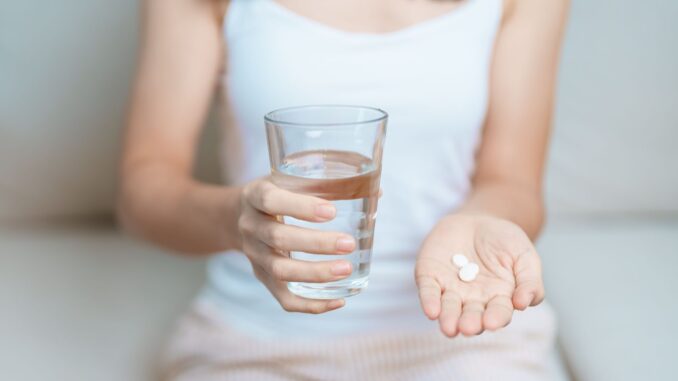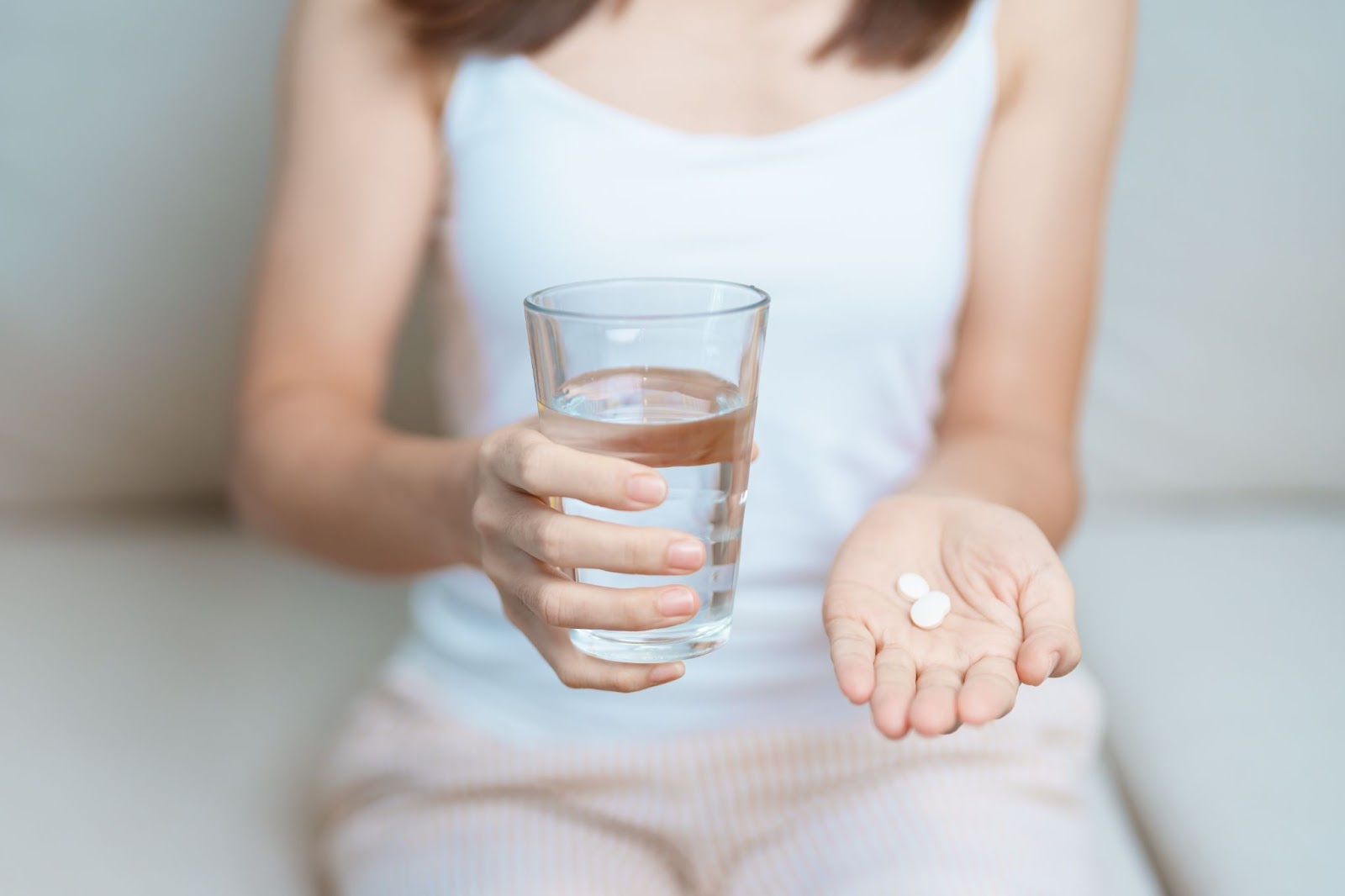
The research says to take this many per day
Unsubscribe | Report as spam | Change email preferences
How much aspirin helps prevent heart attacks and strokes?

As you are no doubt aware, aspirin has the ability to significantly reduce the likelihood of having a stroke or heart attack.
Smart doctors have been recommending the use of low-dose aspirin to their patients for years.
But there are some risks with aspirin – higher doses can increase the risk of bleeding.
And although the risks of bleeding are very low for most people, it’s good to know what the optimal dose of aspirin for stroke and heart attack prevention is.
A recent review of human trials set out to see what the data says on this topic.

The review of human research was carried out at the University of Arizona. The paper was published in the American Journal of Medicine.
“Despite hundreds of clinical trials, the appropriate dose of aspirin to prevent myocardial infarction (heart attack) and stroke is uncertain.”
Doctors usually recommend one or two “baby” aspirins per day for the prevention of certain cardiovascular problems.
“Baby” aspirin tablets are 75 – 81 mg each.
But some doctors recommend the equivalent of 4 “baby” aspirins per day.
“In the US, the doses most frequently recommended are 80, 160, or 325 mg per day.”
The combination of aspirin with other blood thinners like warfarin can lead to an increased risk of bleeding problems.
The risk of serious bleeding problems with aspirin alone is quite low.
“Because aspirin can cause major bleeding, the appropriate dose is the lowest dose that is effective in preventing both myocardial infarction (heart attack) and stroke because these two diseases frequently co-exist.”
To find the optimal dose, the researchers analyzed data from five high-quality human trials.
“Five randomized clinical trials have compared aspirin with placebo or no therapy for the prevention of stroke and myocardial infarction (heart attack).”
Though the trials were similar, they were not identical – and combined information gives us a good handle on this question.
“These trials varied with regard to the dose of aspirin, the duration of treatment, and, most important, the populations selected for study varied in their baseline risk of stroke and myocardial infarction (heart attack).”
The research shows that about two baby aspirin per day is enough to significantly lower the risk of heart attack in men.
“In men, 160 mg/day consistently lowered the risk of myocardial infarction (heart attack).”
The research indicates that a similar dose is likely necessary in women too.
One baby aspirin is not optimal at any rate.
“In women, doses of 50 mg, 75, and 100 mg/day did not significantly decrease the risk of myocardial, the appropriate dose must be at least 160 mg/day.”
Lower doses may be effective for preventing stroke.
“In patients with a history of stroke or transient ischemic attack, 50 mg/day has been shown to be effective in men and women.”
Overall it seems that two baby aspirins per day strikes the right balance for stroke and heart attack prevention.
“In acute stroke, 160 mg/day is effective in preventing recurrent stroke or death.”
The risk of bleeding problems at this dose is very low.
“The risk of major bleeding with 160 mg/day is the same as with 80 mg/day: 1 to 2 cases per 1000 patient years of treatment, and the risk of fatal bleeding is the same with 80 and 160 mg/day.”
This risk can be further decreased by getting plenty of vitamin K2 and some glycine…
Both of which help to prevent the bleeding problems which can be caused by aspirin.
Vitamin K2 is found in cheeses like the Edam and Gouda.
Glycine is found in collagen, gelatin and other gelatinous foods.
If you’re taking anything which has a blood thinning effect, you should be aware that this can amplify the blood thinning effect of aspirin – make sure to speak to your doctor about this.
You should always consult your healthcare practitioner for guidance on medical diagnosis and treatment.
—-Important Message—-
90 second exercise for preventing and possibly even stopping heart attack and stroke
I’ve discovered a simple 90 second exercise that can naturally reduce men’s risk of heart attack and stroke…
And it may stop a heart attack right in its tracks, when time is of the essence…
…potentially adding decades to a man’s life.
———-

